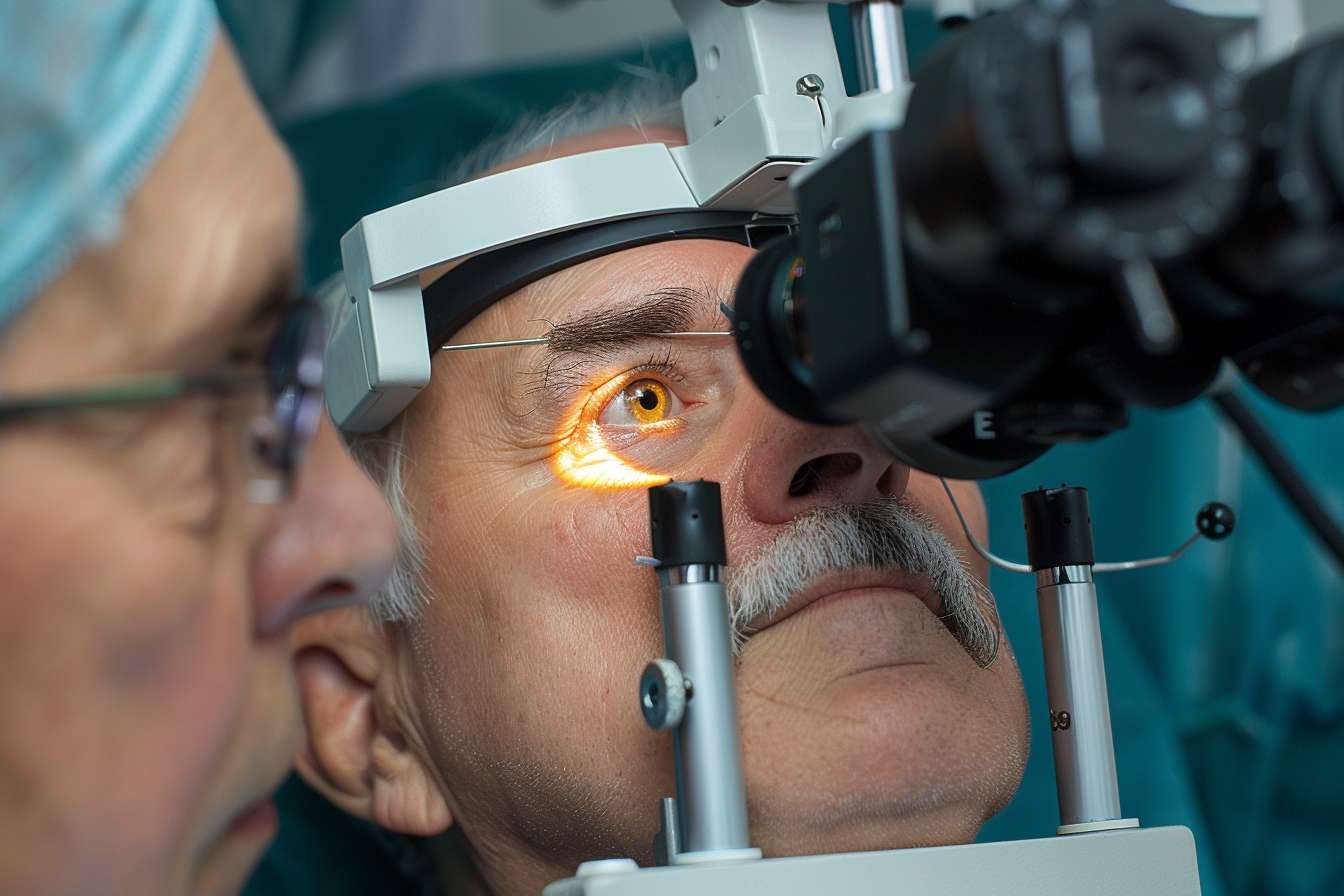What to Know When Picking a Dentist for Seniors
Dental care becomes more specific with age, and choosing a provider who understands senior needs can make visits more effective and comfortable. This article outlines what to keep in mind when selecting a dentist for older adults, including accessibility, service options, and communication.

What qualifications should you look for in a senior-friendly dentist?
When searching for a dentist for seniors, it’s important to consider their qualifications and experience in treating older patients. Look for dentists who have completed additional training in geriatric dentistry or have a significant portion of their practice dedicated to senior care. Board certification in prosthodontics or a specialization in restorative dentistry can be particularly beneficial, as these areas often address common issues faced by older adults, such as tooth loss and the need for dental implants.
Additionally, seek out dentists who stay current with the latest advancements in dental care for seniors through continuing education courses. This ensures they are familiar with the most up-to-date techniques and technologies that can benefit older patients.
How important is accessibility when choosing a dentist for seniors?
Accessibility is a crucial factor when selecting a dentist for older adults. Consider the physical layout of the dental office, ensuring it is easily navigable for those with mobility issues. Look for practices with wheelchair ramps, wide doorways, and elevators if the office is not on the ground floor. Parking availability and proximity to public transportation can also be important considerations for seniors who may have difficulty driving.
Beyond physical accessibility, consider the dentist’s scheduling flexibility. Some seniors may prefer morning appointments or need more time during visits. A dental practice that accommodates these needs can make the entire experience more comfortable and less stressful for older patients.
What services should a senior-friendly dental practice offer?
A comprehensive dental practice for seniors should offer a wide range of services tailored to the needs of older adults. Look for dentists who provide:
-
Routine cleanings and check-ups
-
Denture fittings and adjustments
-
Dental implant services
-
Treatment for gum disease
-
Management of dry mouth (xerostomia)
-
Oral cancer screenings
Additionally, some practices may offer specialized services such as sleep apnea treatment or TMJ therapy, which can be particularly beneficial for seniors. A dentist who can address multiple oral health concerns in one location can simplify care for older patients.
How can you assess a dentist’s communication style with senior patients?
Effective communication is essential when it comes to dental care for seniors. During your initial consultation, observe how the dentist interacts with you or your loved one. A senior-friendly dentist should:
-
Speak clearly and at an appropriate volume
-
Take time to explain procedures and treatment options thoroughly
-
Be patient and willing to repeat information if necessary
-
Provide written materials or visual aids to supplement verbal explanations
-
Listen attentively to concerns and questions
-
Show respect and empathy towards older patients
A dentist who demonstrates these communication skills is more likely to provide a positive and comfortable experience for senior patients.
What are some essential dental care tips for older adults in 2025?
As we look ahead to 2025, dental care for seniors continues to evolve. Here are some key tips for maintaining oral health in older adults:
-
Embrace technology: Digital dental records and teledentistry options can make it easier for seniors to manage their dental care and communicate with their providers.
-
Focus on prevention: Regular check-ups and cleanings, combined with daily oral hygiene routines, remain crucial in preventing dental issues.
-
Consider electric toothbrushes: These devices can be particularly helpful for seniors with limited dexterity.
-
Stay hydrated: Drinking plenty of water helps combat dry mouth, a common issue for older adults that can lead to tooth decay.
-
Be aware of medication effects: Many medications can impact oral health. Keep your dentist informed about all medications you’re taking.
-
Explore minimally invasive treatments: Advances in dental technology are making treatments less invasive and more comfortable for seniors.
What should seniors know about dental insurance and payment options?
Understanding dental insurance and payment options is crucial for seniors when choosing a dentist. Many seniors rely on Medicare for their healthcare needs, but it’s important to note that standard Medicare does not cover most dental procedures. However, some Medicare Advantage plans may offer dental coverage.
For those without dental insurance, look for dentists who offer:
-
Sliding scale fees based on income
-
Senior discounts
-
Payment plans for more extensive treatments
-
Acceptance of CareCredit or other healthcare financing options
| Insurance/Payment Option | Coverage/Benefits | Considerations |
|---|---|---|
| Medicare Advantage | May include basic dental services | Check plan details for coverage limits |
| Private Dental Insurance | Comprehensive coverage options | Higher premiums, may have waiting periods |
| Discount Dental Plans | Reduced fees for services | Not insurance, pay out-of-pocket at reduced rates |
| Self-Pay with Discounts | Potential savings for paying cash | Ask about available discounts for seniors |
Prices, rates, or cost estimates mentioned in this article are based on the latest available information but may change over time. Independent research is advised before making financial decisions.
When selecting a dentist for seniors, it’s essential to consider their qualifications, accessibility, service offerings, communication style, and payment options. By taking these factors into account, older adults can find a dental provider who meets their specific needs and ensures optimal oral health. Remember that regular dental care is an integral part of overall health and well-being for seniors, and choosing the right dentist can make a significant difference in maintaining a healthy smile for years to come.




